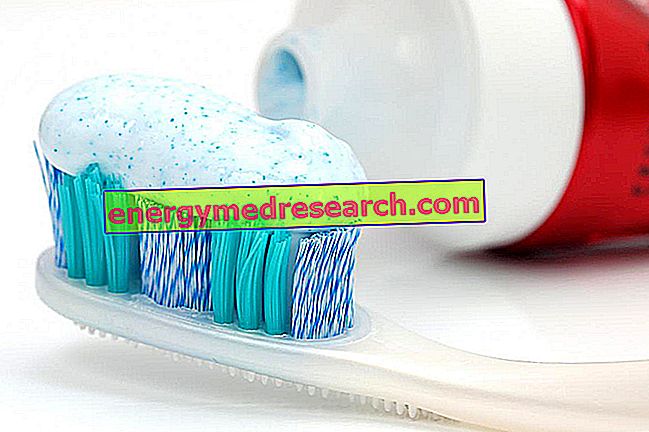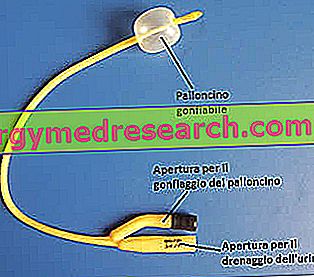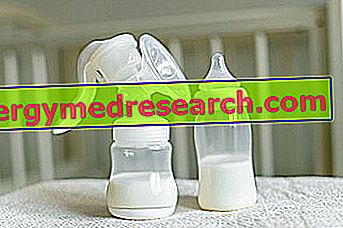
The abrasiveness index (expressed by the acronym RDA, Relative Dentin Abrasivity ) is a numerical value that expresses the degree of hardness of a toothpaste. The higher this index is, the greater the ability of the toothpaste to eliminate plaque and to smooth and polish the hard surfaces of the tooth; however, there is a downside, given that as the RDA increases, the risk of excessive enamel demineralization is also raised, with possible problems of dental sensitivity.
Unfortunately, in general, the index of abrasiveness does not appear on the labels of toothpastes, but tends to be greater in so-called whitening products, which have the purpose of eliminating any slight and transient pigmentations from the teeth.
To avoid causing damage to the hard tissues of the tooth over time, toothpastes should not exceed an RDA of 200, but already after 100 they are considered rather abrasive.
Classification of toothpastes based on abrasiveness index
- very low abrasiveness (RDA index between 0 and 60);
- low abrasiveness (RDA index between 60 and 70);
- average abrasiveness (RDA index between 71 and 100);
- moderate abrasiveness (RDA index between 101 and 120);
- high abrasiveness (RDA index between 121 and 200).
The abrasive power of a toothpaste depends on the ingredients, but also on the shape, hardness and size of the cleaning microparticles used (eg silicon dioxide, phosphates, acrylic resins and perlite). It must also be considered that the mechanical abrasion exerted by toothpaste on dental tissues depends very much on certain brushing characteristics, such as the type of bristles used, the shape of their tip and the degree of pressure of the same on the tooth, the technique, the frequency and brushing duration. Even the removal of plaque, therefore, is only minimally associated with the abrasive particles contained in the toothpaste: what matters is the effect of brushing the teeth
Low abrasive toothpastes are indicated for sensitive teeth and uncovered collars, since the dentin is 25-35 times more tender than the enamel. On the market there are special toothpastes for sensitive teeth with a low abrasiveness index. The American Dental Association (ADA) recommends using toothpastes with abrasiveness below 30 RDA in the presence of exposed sensitive dentin.



